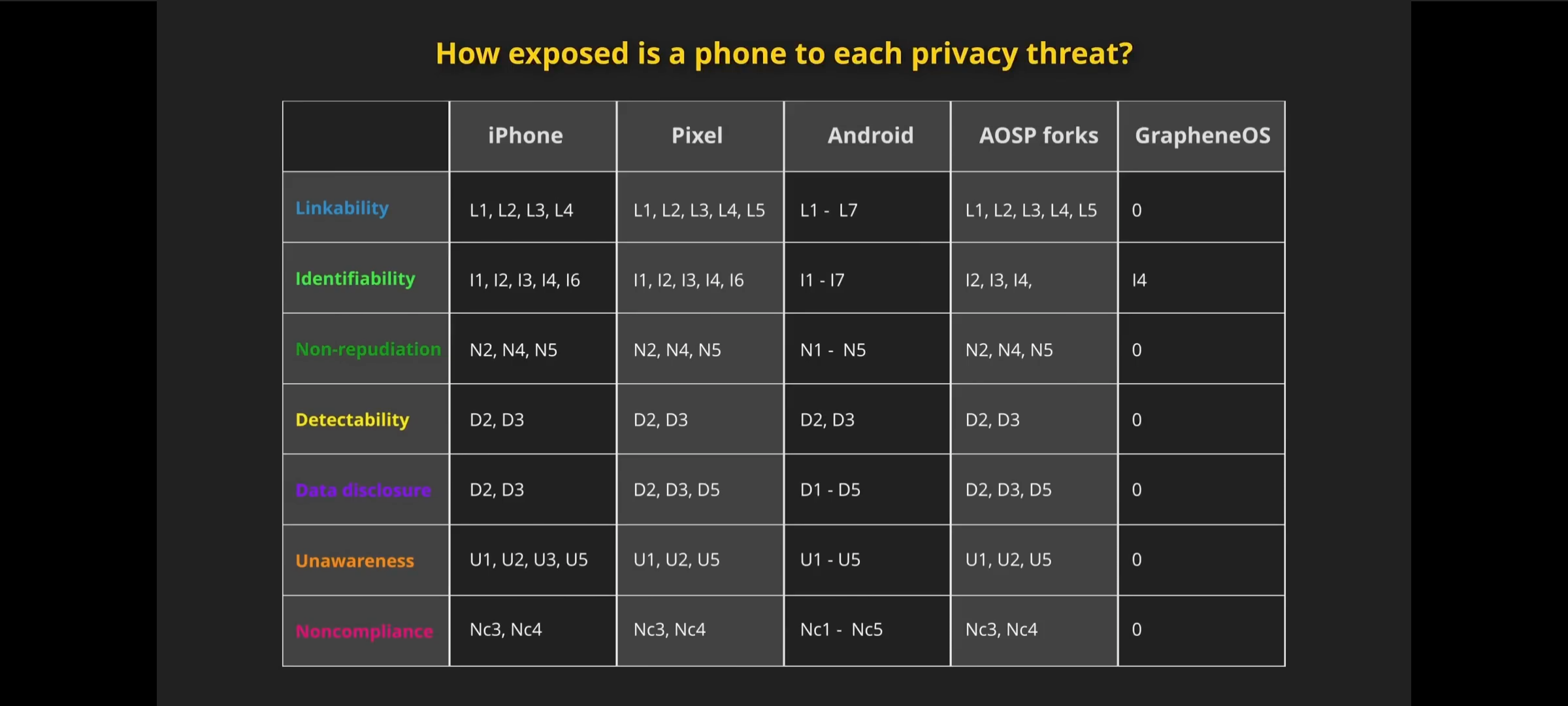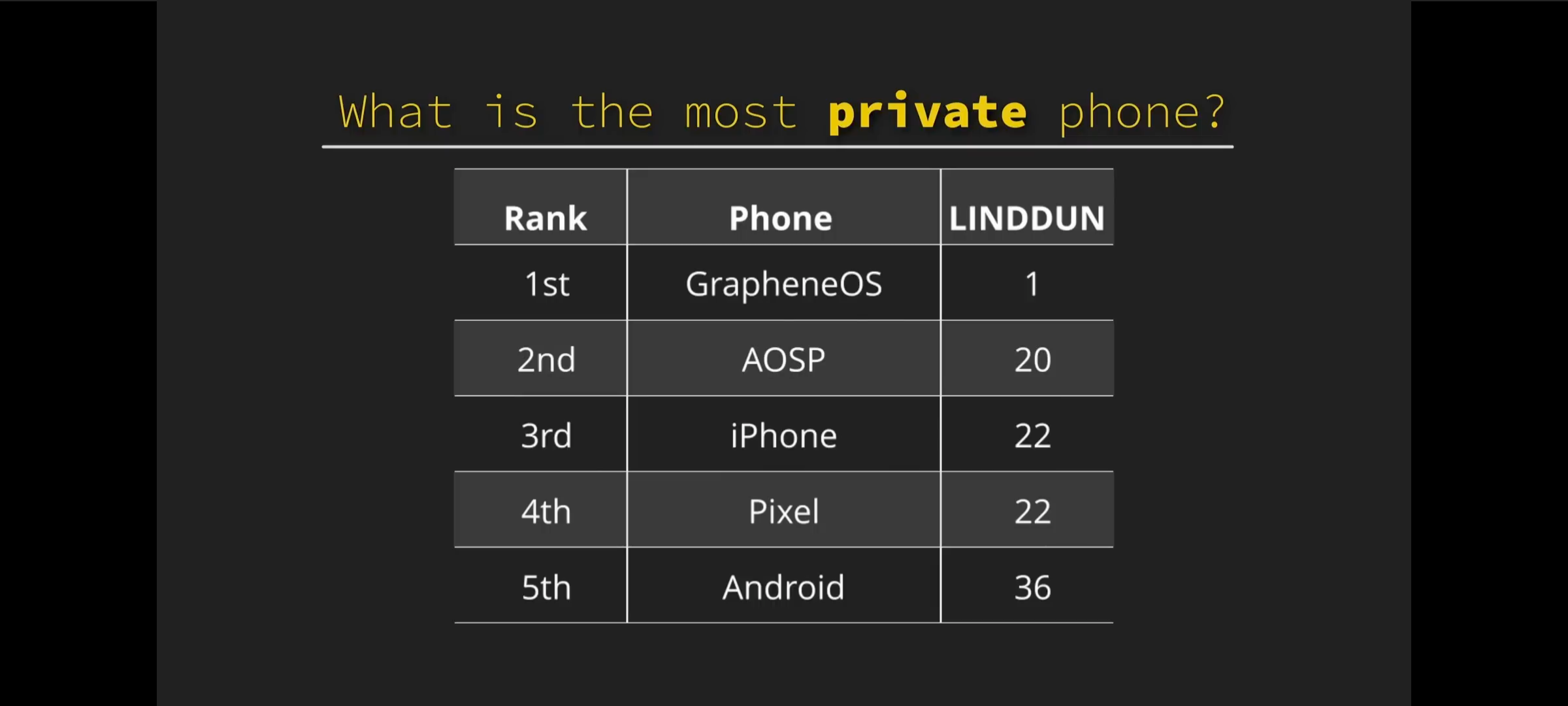We Need New Troops
You might remember a few months ago I interviewed Phil Zimmermann, the creator of PGP, which became the most widely used email encryption software in the world.
Phil and I spoke about the war against privacy in the early '90s. When Phil published his PGP code as free, open-source software, he wanted to help people protect their privacy. For this, the U.S. government investigated him for three years, claiming he was effectively trafficking munitions.
Phil fought the government alongside a group of hackers and cryptographers known as the Cypherpunks, who stood firm in their belief that privacy is a fundamental human right. Phil laid out this argument in his essay titled Why I Wrote PGP, where he explained that without the ability to communicate privately, democracies slide into autocracies:
“The need for protecting our right to a private conversation has never been stronger. ... Ordinary citizens and grassroots political opposition groups need to protect themselves against these emerging autocracies as best as they can. If an autocracy inherits or builds a pervasive surveillance infrastructure, it becomes nearly impossible for political opposition to organize, as we can see in China. Secure communication is necessary for grassroots political opposition in those societies. …
PGP is good for preserving democracy. If privacy is outlawed, only outlaws will have privacy.”
These early battles, known as the First Crypto Wars (where "crypto" is short for cryptography), were won, and individuals were once again able to exercise their right to privacy in the digital age:
“It has been a long struggle, but we have finally won, at least on the export control front in the US. Now we must continue our efforts to deploy strong crypto, to blunt the effects increasing surveillance efforts on the Internet by various governments. And we still need to entrench our right to use it domestically over the objections of the FBI. PGP empowers people to take their privacy into their own hands. There has been a growing social need for it. That's why I wrote it.”
This essay was written in 1999, and while the battle may have seemed won-and-done at the time, we have since found that it’s ongoing.
Today, there is a massive assault on privacy, with hidden code in our apps tracking our activities, governments skirting checks and balances by purchasing vast amounts of data from brokers, and the normalization of surveillance creating a dangerous complacency around the loss of privacy.
Phil Zimmermann has since realized:
“We are going to need fresh troops.”
Learning From Battles of the Past
We won’t win unless we inspire others to join our cause. During the First Crypto Wars, people were galvanized by rallying cries from pioneers like Phil Zimmermann and manifestos written by Cypherpunks like Tim May and Eric Hughes.
I can’t possibly expect to reach their standards, but I have tried my hand at writing a manifesto. My hope is that it might contribute, in some small way, to encouraging people to join us.
I have also soft-launched a new institute—a nonprofit dedicated to helping people maintain their freedom and dignity in the digital age. I haven’t officially announced it yet (you’ll hear more in the coming months), but our board of advisors is packed with inspiring Cypherpunks who fought these early privacy battles, including Phil Zimmermann himself.
This manifesto may seem intense in a world where surveillance has become normalized. But we need to shift the Overton Window back to a place where individuals are empowered in their own lives. As Phil said in his essay, “There’s nothing wrong with asserting your privacy.”
Here it is. Tell me what you think.
The Priv/Acc Manifesto
A new force is rising in the digital age, a force to reclaim what has been quietly stolen: privacy.
We are the Privacy Accelerationists—driven by a simple conviction that privacy is not optional, but essential for personal freedom. Surveillance capitalism, government overreach, and the culture of data extraction corrode our ability to live freely, think independently, and interact with trust.
The future of privacy is no longer something that can be delayed, debated, or dissected. It must be accelerated—now. The pace of intrusion is relentless; our response must be swifter still. The tools to protect privacy—encryption, decentralized networks, and privacy-enhancing technologies—already exist. But only decisive action can ensure these tools are put into the hands of billions.
We are not radicals for desiring privacy, but because we understand that privacy is power—liberation in a world that seeks to control us. Privacy is rebellion. In a society where thoughts, desires, and behaviors are commodified for control, privacy becomes the means by which we reclaim our lives and identities.
The systems of surveillance—corporate, governmental, and societal—are intertwined, feeding off each other in a symbiotic cycle. But as history shows, even the most entrenched systems are vulnerable to revolution. Cryptography is that revolution. Anonymous transactions, encrypted communications, decentralized data: these are not just theoretical tools but the foundations of a new era.
Governments and corporations will attempt to stop us, justifying endless data collection with claims of “efficiency” or “security.” They will argue privacy is unnecessary in a world where transparency is a virtue. They will say, "If you have nothing to hide, you have nothing to fear."
We reject these premises entirely. Privacy is not about hiding—it’s about choice. The choice of what to reveal, to whom, and when. Without privacy, there is no autonomy; without autonomy, there is no freedom. The acceleration of privacy technology is our only path forward.
We do not oppose technology—we champion it. Our fight is against the hijacking of technology to strip away privacy and autonomy. We assert our right to navigate the digital world without the oppressive gaze of surveillance. By embracing technology as a tool for empowerment, we can restore control over personal information to where it belongs—with the individual. This is our moral imperative, our stand for a future where freedom and technology coexist.
The systems of control thrive on complacency and apathy. We are here to disrupt that cycle. We will accelerate the adoption of privacy-enhancing technologies—not as a slow reform, but as a revolution. Code is our weapon, and knowledge our shield. We build not for governments or corporations, but for people.
Privacy is the cornerstone of an open society in the digital age. To build that society, we will work with cryptographers, developers, activists, and everyday users. We will create networks that resist censorship, tools that ensure anonymity, and communities that defend privacy at all costs.
We will not wait for permission. We will not apologize for defending our right to exist unobserved. We are not products. We are not data points. We are free individuals.
Join us, or stand aside. Privacy will not wait.
Onward.
Privacc.org




